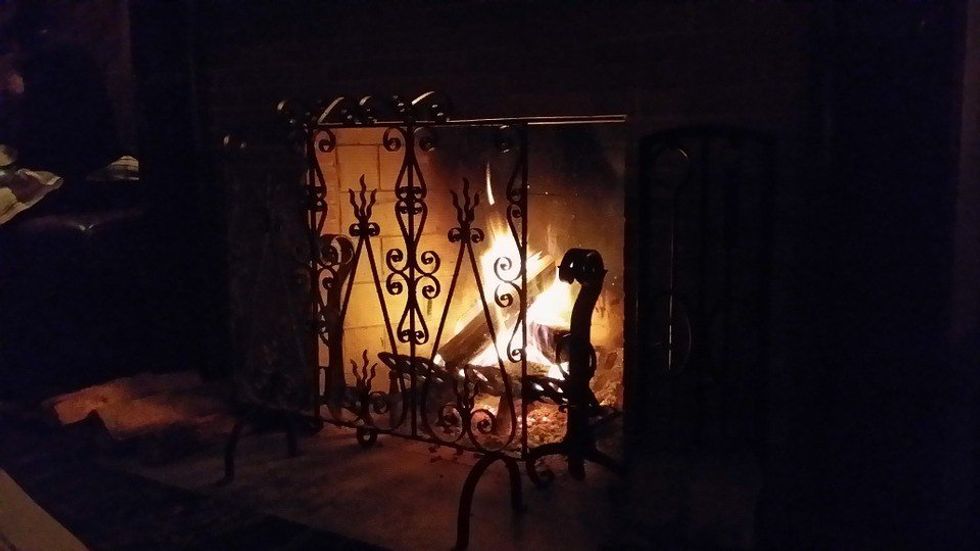When I came to my university, I was overloaded with questions from constantly meeting new people. Often times, however, these introductions revolved around the same few questions:
What’s your name? Major? Where is your hometown?
These questions seem simple enough, yet…I always yielded a different answer to that third question. Why is that? Am I confused? No, but how home is defined gives a different perspective. I moved a few times, and the name of my small-town just confuses people with the university of the same name, despite being nowhere near each other. Even without these details, it becomes difficult to explain where my “home” is in a couple short words, especially during a brief introduction. I would substitute with quick, meaningless answers to move the conversation along through naming one of the places I had lived or currently live in.
The reason behind that is this: home is not a town or city for me. It’s a feeling. If home were a town, my current college-town is as close to my heart as any place I’ve ever lived. Home is that feeling that gives you the utmost comfort. Relaxation. For some, that feeling comes from a particular place. For most, it comes from particular people. For me there are four people that come to mind.
There is a reason most people would say their family as their “home” after a little thought. Places only give you so much, some sights, entertainment, maybe an education with some memories. But your home should give you more than that. The people you are closest to shape your entity. Your personality is forged from those people and anyone that gets to know those specific people could know you without ever having met you. These things can be mistaken for heredity, but this holds true even for people whose “family” consists of friends and others that are not of the same blood. No matter who your family is, think about how you could be a product of them.
For me, I can start with my two siblings, who double as my best friends in the world. Growing up with a revolving door of friends, we became even closer than typical siblings. From them, I became the stereotypical “oldest child is a natural leader” stereotype. I learned how to lead and teach for them, and how to defend those closest to me. I learned what it meant to put someone before myself akin to a parent. From one parent, I gathered my fire and voice. A willingness to speak my mind while being resistant to others’ opinions of myself. From the other parent I learned to control those things. To choose my words and think before I speak. I was given this along with an inherited philosophy of relying on down-to-earth logic and, admittedly, my love for sports. The individuality and independence of my family gave me my comfort and enjoyment of being alone at times, which gave me the contemplative side of who I am.
All of this connects to one idea, that we can credit people, not a place for who we are. My home is not a single place. It moves, stretches and separates before coming back together again at some point each night. No matter how disconnected it can get at times, it reconvenes at some point. Through the adversity and growth, my home has never changed. When people ask me that simple question:
Where are you from?
My mind will always go to those four people. My home.





















